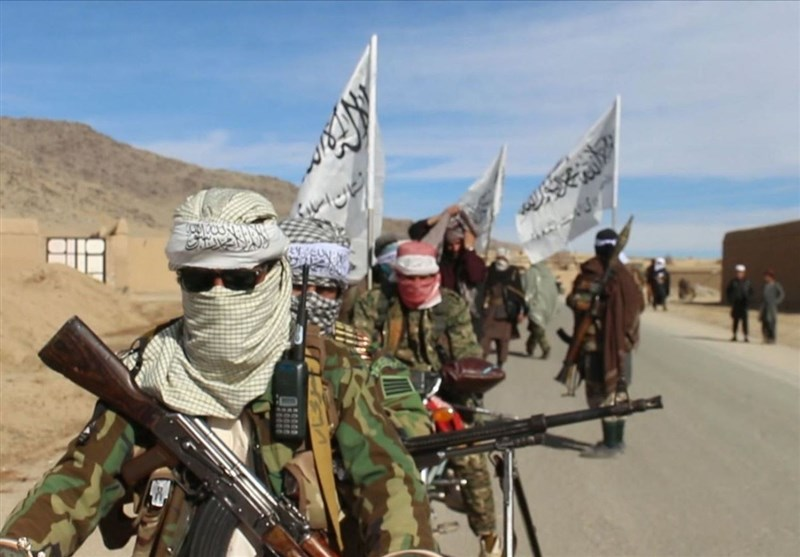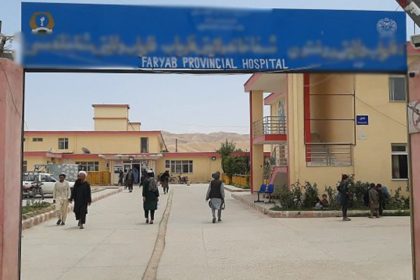RASC News Agency: The latest Global Peace Index 2025 published by the Institute for Economics and Peace (IEP) has once again placed Afghanistan among the five most insecure and unstable nations on earth. Despite the Taliban’s repeated claims that their return to power has ushered in “security and stability,” the international assessment exposes the opposite reality: Afghanistan remains suffocated by authoritarian rule, systemic violence, and profound political and social fragility.:Ranked 158th out of 163 countries, Afghanistan’s position reflects only a minor improvement compared with the previous year, but it remains entrenched among the world’s most insecure states alongside Yemen, the Democratic Republic of Congo, Sudan, and Ukraine. For the first time, Russia has also been included in this category.
The Global Peace Index evaluates multiple dimensions of security: internal conflict, political repression, access to weapons, refugee flows, terrorism, and militarization. Afghanistan’s scores are among the lowest recorded worldwide. Although battlefield clashes have declined since the Taliban seized power in August 2021, the report makes clear that this has not translated into peace. Instead, violence has shifted in form: from overt conflict to covert repression, institutional collapse, and the weaponization of fear. The Taliban have long marketed themselves as the bringers of stability. Yet for over two decades, they were the single largest driver of bloodshed in Afghanistan responsible for suicide bombings, targeted assassinations, and the mass killing of civilians. Their return to power has not eliminated violence; it has simply redefined it.
Rather than peace, Afghans now endure an environment of state-sponsored terror. Extrajudicial killings, forced disappearances, and assassinations of former security officials are routine. Taliban intelligence units operate with impunity, and the so-called Ministry for the Propagation of Virtue and Prevention of Vice enforces a suffocating regime of coercion that has turned everyday life into a theatre of intimidation. The report confirms what ordinary Afghans already know: “security” under Taliban rule is a hollow promise. Streets may be quieter, but homes and minds are filled with fear. The Taliban’s governance is defined not by inclusivity but by systematic exclusion. In the past four years, the movement has dismantled Afghanistan’s fragile democratic institutions, outlawed political pluralism, and filled government ranks with loyalists 95% of whom lack the qualifications necessary for public office.
This replacement of professional governance with ideological obedience has paralyzed state institutions. Afghanistan’s capacity to respond to natural disasters, food insecurity, and humanitarian crises has collapsed. Political decision-making is concentrated in a narrow ethnic and ideological elite, alienating the country’s diverse population and further entrenching instability. International observers warn that Afghanistan under the Taliban is once again evolving into a sanctuary for transnational extremist groups. The regime’s close ties with al-Qaeda elements and regional terrorist networks raise alarms not only for Afghans but for global security at large.
Perhaps the starkest indicator of Afghanistan’s insecurity lies in the Taliban’s systematic gender apartheid. Women and girls are excluded from schools, universities, workplaces, and even public life. The erasure of half of society has not only decimated Afghanistan’s human capital but also cemented its global reputation as a pariah state. The repression of women is not merely a social issue it is a national security crisis. Denying millions access to education, healthcare, and economic opportunity guarantees Afghanistan’s continued decline and fuels resentment that could erupt into future conflict.
Beyond physical violence, Afghanistan suffers from an invisible war of psychological insecurity. Surveys and humanitarian reports show that more than 90% of Afghans experience acute anxiety, depression, or trauma under Taliban rule. The collapse of hope, combined with hunger, unemployment, and repression, has eroded the very foundations of society. Families live in constant uncertainty unsure if their sons will be conscripted into the Taliban’s ranks, if their daughters will be denied education forever, or if their livelihoods will vanish overnight due to arbitrary decrees. The Global Peace Index 2025 makes one conclusion undeniable: Afghanistan remains trapped among the world’s least secure nations, not because of external wars, but because of the Taliban’s deliberate suffocation of its political, social, and economic life.
Far from delivering stability, the Taliban have institutionalized insecurity, entrenched authoritarianism, and resurrected the very dynamics that once plunged Afghanistan into decades of conflict. As long as Afghanistan is governed by fear rather than consent, by exclusion rather than inclusion, and by repression rather than rights, peace will remain a distant dream. The tragedy is not only Afghanistani it is a looming threat to regional and global security. Under Taliban rule, Afghanistan has not entered an age of peace. It has entered an age where peace itself has been strangled at birth.






